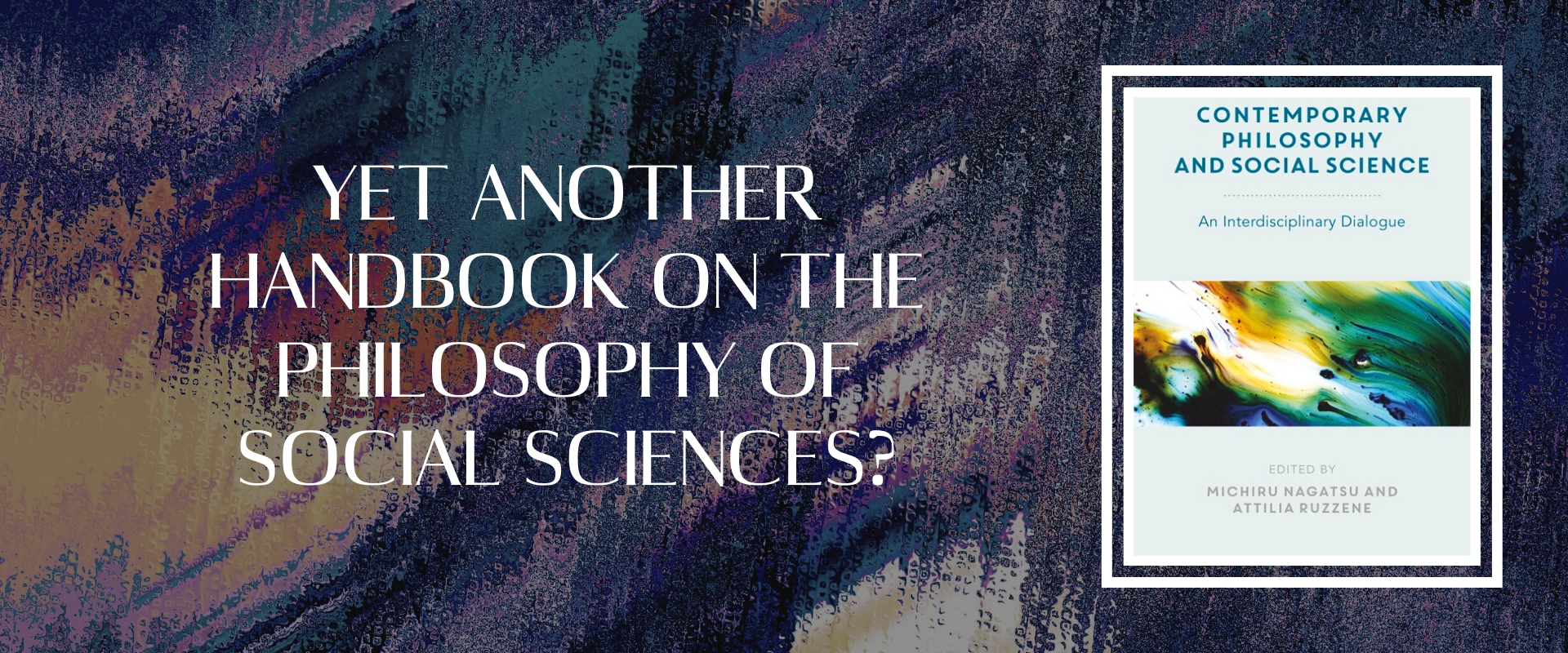TINT – Centre for Philosophy of Social Science, The Philosophical Society of Finland (SFY) and The Association for Women and Feminist Philosophers in Finland (NFY) present
Breaking the glass-ceiling: Gender in science and philosophy.
Over the last couple of decades the gender gap in academia has significantly narrowed, yet the pace at which progress is taking place is surprisingly slow. In philosophy, for example, it’s still very much the case that while the proportions men and women are roughly equal among undergraduate philosophy students, the number of men increases disproportionately at the faculty level. Finnish academic philosophy is no exception. What causes this gap to persist? Why do some fields fare better than others? Which measures can we take to fill the gap? During this event we bring together national and international experts to address these and related questions with a particular focus on the Finnish context.
The event will be held in Helsinki at Metsätalo, sali 1 / hall 1.
Entrance via Unioninkatu 40 or Fabianinkatu 39.
Program | 17.11.2021
17:30 Opening words: Caterina Marchionni (TINT) & Sami Pihlström (SFY)
17:35 Introduction: Säde Hormio, Päivi Seppälä & Sanna Tirkkonen
17:45 Jennifer Saul (University of Waterloo)
18:15 Q&A (chaired by Caterina Marchionni)
18:25 Liisa Husu (Örebro University)
18:55 Q&A (chaired by Päivi Seppälä)
19:05 Panel discussion (in alphabetical order, chaired by Jaakko Kuorikoski)
Sara Heinämaa (University of Jyväskylä)
Maria Lasonen-Aarnio (University of Helsinki)
Uskali Mäki (University of Helsinki)
Kristina Rolin (Tampere University)
Helena Siipi (University of Turku)
19:30 Q&A
19:45 End of the event
The event is free from charge and open to everyone.
The event will also be streamed through Zoom.
Register for the Zoom via
https://helsinki.zoom.us/meeting/register/u5wkdOuvqTwuEtxHy1Dpu20dRWNVxgcjxwcJ
Facebook event
Breaking the Glass Ceiling: Gender in Science and Philosophy (facebook.com)









